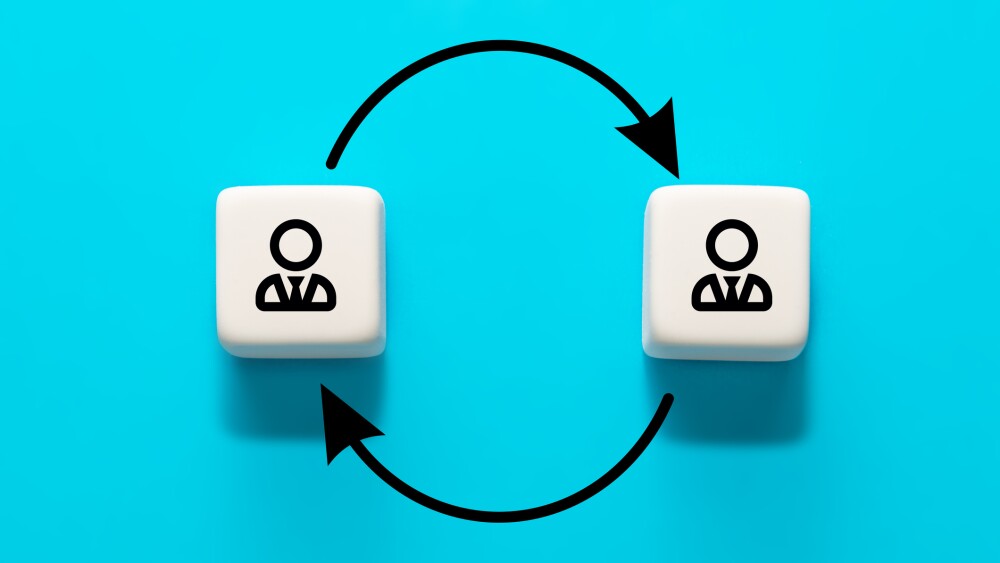OTTAWA, Oct. 15, 2016 CNW/ - Health Canada is advising Canadians that some batteries in implantable cardioverter defibrillators (ICD) and cardiac resynchronization therapy devices (CRT-D) manufactured by St. Jude Medical may deplete earlier than expected. Early battery depletion may occur suddenly, anywhere between hours and days, and without warning.
According to the company, the chance of early battery depletion is small and appears to occur two to three years after implantation. Devices manufactured after May 23, 2015, are not affected by this issue.
The following devices are affected:
- Fortify Assura DR
- Fortify Assura VR
- Fortify DR
- Fortify ST DR
- Fortify ST VR
- Fortify VR
- Quadra Assura
- Quadra Assura MP
- Unify Assura
- Unify
- Unify Quadra CRT-D
Health Canada is urging patients with any of these devices to immediately contact the clinic responsible for their follow-up care for information and advice. Physicians can identify premature battery depletion through remote monitoring or in-person visits.
St. Jude Medical has informed physicians and hospital administrators of this issue, including advising them not to use affected products in storage. The Canadian Heart Rhythm Society will also provide information to clinics, including a procedure for patient monitoring and follow-up.
Incidents have been reported in Canada associated with early battery depletion. In most cases, battery depletion was discovered during routine follow-up medical visits without any reported symptoms. However, in two cases, patients reported symptoms such as loss of consciousness necessitating CPR, shortness of breath and fatigue. There are no known deaths related to this problem in Canada. Internationally, there have been two deaths and ten serious events (e.g., fainting, chest pain) possibly associated with this issue.
An ICD is a microcomputer that is implanted under the skin of the upper chest area. It monitors heart rate and delivers therapy in the form of small electrical pulses. A CRT-D is a type of specialized ICD used to treat heart failure.
What you should do:
- Contact the clinic responsible for your follow-up and care if you have an affected defibrillator.
- Monitor for any vibratory (vibrating) patient alerts as these may be the result of your device reaching the Elective Replacement Indicator (or ERI, the notification that the device should be replaced within three months).
- If you do not already use remote monitoring for your device, contact your follow-up clinic to discuss the possibility of using Merlin@Home, St. Jude Medical's remote monitoring system.
- Report complaints about health products to Health Canada by calling toll-free to 1800267-9675, or complete an online complaint form.
Stay connected with Health Canada and receive the latest advisories and product recalls using social media tools.
Également disponible en français
SOURCE Health Canada





